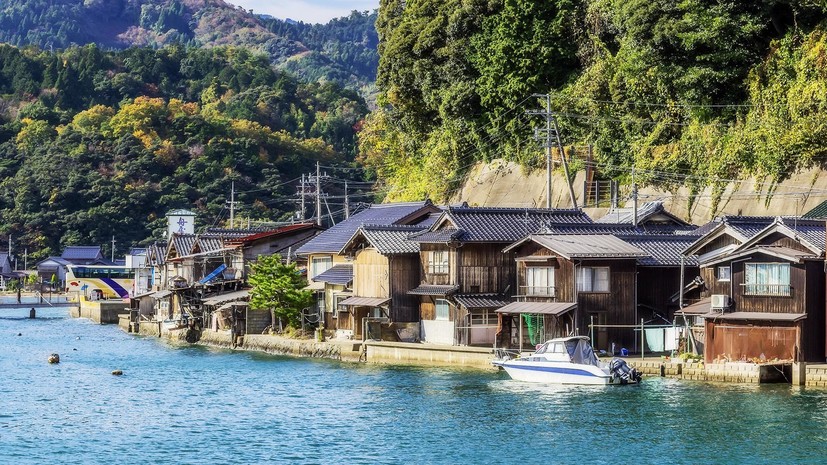A group of American researchers from Stanford, Harvard and Delaware universities has put forward the concept of “retreat” - the resettlement of residents of areas that are becoming dangerous due to climate change and rising sea levels. Scientists urge the world community in the near future to develop an appropriate "politically challenging strategy for adaptation to climate change." This was reported by the journal Science.
Researchers believe that such a resettlement should take place in an organized manner according to a previously developed plan. They oppose the widespread belief that resettlement of people from areas that become dangerous due to climate change is an extreme measure.
“The question now is not whether to retreat, but how it will take place, where and for what reasons,” American experts say.
According to scientists, the attitude of society towards resettlement should radically change. Today, the public mind is dominated by the idea of a constant confrontation between man and nature, so the relocation from coastal territories is presented as a defeat. Humanity must change this attitude towards nature and begin to actively adapt to the changes taking place on our planet.
“An approach to a future retreat will require an experimental approach: combining the willingness to try new things with thorough research and evaluation of the process and its results for all participants,” American scientists say.
The upcoming mass migration into the interior of the continents will require planning and joint action from all of humanity, according to American researchers. In particular, resettlement programs should be included in national and global economic programs, and their implementation should take into account all local characteristics and needs of specific communities.
Ideally, thanks to such programs, people should rejoice at the possibility of relocation, and not perceive it as a series of adversities, one of the authors of the work, an employee of Stanford University Miyuki Hino, believes.
According to another study author, associate professor at the University of Delaware A.R. Siders, it is necessary to make sure that building in potentially dangerous areas becomes unprofitable. Often these areas are located on the coast. People like to live by the sea, and companies invest in the development of coastal villages, and governments receive more taxes from this. Everything should be the other way around, Siders believes: society needs to strongly encourage the relocation of people from dangerous areas and fight everything that delays the implementation of such programs.
The process of resettlement may be affected by the social factor, American researchers say. Without special regulation, more affluent people will be the first to leave the dangerous areas, while the poor may not have time to leave.
Scientists recognize that the development of specific programs is still far away. And today, the paramount task is to include issues of resettlement from dangerous areas in public discussion.

